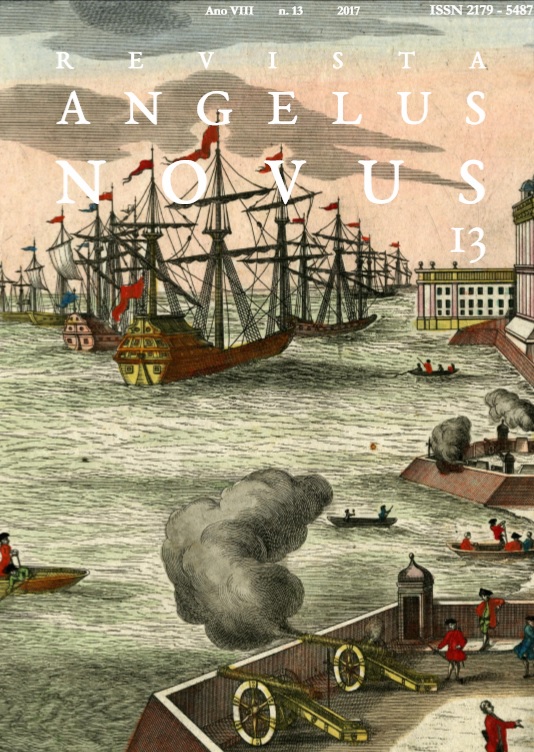Considerations about the sugar production and the tillage of supplies in Sao Paulo in the turn of the 18th century to the 19th
DOI:
https://doi.org/10.11606/issn.2179-5487.v13i13p151-167Keywords:
sugar economy, agricultural diversification, colonial economy, São Paulo, Colonial BrazilAbstract
This article covers aspects of the captaincy of São Paulo’s economy mainly from 1765, year in which its political autonomy was reestablished. From this very moment, the sugar cane crop was systematically introduced into the captaincy, aiming to develop the local economy. São Paulo had its production characterized by the diversification of farming activities, policy oriented to the supply of military troops and the local population, but also to trade directly with Portugal. To that extent we aim to identify the challenges within the field of São Paulo’s economical history, mainly in what concerns the presence of sugar cane in the paulista agrarian space, that was marked by rural properties with a varied production of supplies.Downloads
Download data is not yet available.
Downloads
Published
2017-04-18
Issue
Section
Dossiê temático: Império e Colonização
License
Copyright (c) 2019 Marco Micheli

This work is licensed under a Creative Commons Attribution-NonCommercial 4.0 International License.
1. Proposta de Política para Periódicos de Acesso Livre
Autores que publicam nesta revista concordam com os seguintes termos:
- Autores mantém os direitos autorais e concedem à revista o direito de primeira publicação, com o trabalho simultaneamente licenciado sob a Creative Commons Attribution License que permitindo o compartilhamento do trabalho com reconhecimento da autoria do trabalho e publicação inicial nesta revista.
- Autores têm autorização para assumir contratos adicionais separadamente, para distribuição não-exclusiva da versão do trabalho publicada nesta revista (ex.: publicar em repositório institucional ou como capítulo de livro), com reconhecimento de autoria e publicação inicial nesta revista.
- Autores têm permissão e são estimulados a publicar e distribuir seu trabalho online (ex.: em repositórios institucionais ou na sua página pessoal) a qualquer ponto antes ou durante o processo editorial, já que isso pode gerar alterações produtivas, bem como aumentar o impacto e a citação do trabalho publicado (Veja O Efeito do Acesso Livre).
How to Cite
Micheli, M. (2017). Considerations about the sugar production and the tillage of supplies in Sao Paulo in the turn of the 18th century to the 19th. Revista Angelus Novus, 13, 151-167. https://doi.org/10.11606/issn.2179-5487.v13i13p151-167






